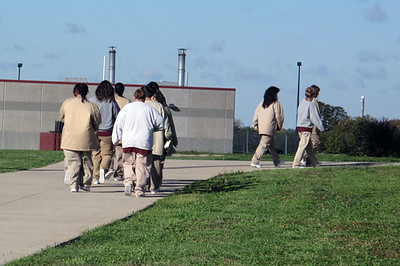According to the US Department of Justice, about 650,000 people complete prison sentences and leave custody every year. Within three years, however, about two-thirds of them will return to prison. Unfortunately, prisoner re-entry programs don’t always help offenders build the skills they need to avoid re-offending. More often than not, this explains the high recidivism rates.
Justice is very costly. Each year, the US spends about $1.3T on incarceration and its related expenses. When two-thirds of former offenders in any given year return to custody, there is little hope that we will ever spend less on the criminal justice system. A 2018 study showed that a single re-offense could cost society as much as $150,000. Multiply that by the 430,000 or so likely re-offenders, and that means society spends about $65B every year on re-offenses.
Preventing recidivism, however, may not only reduce the overall cost of incarceration, but may also improve society by preparing offenders to return to society. Eastern Michigan University has a small program for former offenders who are pursuing education as part of their re-entry plan. But the program serves only a handful of students.
Jackson College also has a prison education program that operates at several Michigan Department of Corrections facilities. One of those facilities is the Women’s Huron Valley Correctional Facility in Ypsilanti.
Jackson College offers degree programs to the prison in Washtenaw County.
The Michigan Department of Corrections controls what happens in the prisons. But working with the Department of Corrections to develop educational opportunities for prisoners who will one day return to our community is in the wheelhouse of our community college.
Prisoner re-entry services offer more value than a hotel does
Opportunities – in the form of second-chance Pell grants – can help fund prisoner re-entry education programs. Preparing prisoners for employment following release is a major step in preventing recidivism. Prisoner re-entry education programs fit within the mission of the community college, and they absolutely serve the community.
So, you need to question why our community college administration prefers to plan a hotel and convention center – neither of which the community needs – while Jackson College does what Washtenaw Community College could -and should be doing: offering prison education programs that address prisoner re-entry in our community.
It’s pretty clear that the WCC administration (and the Board of Trustees) aren’t really invested in meeting the needs of our community. Changing this starts with changing the people who sit on the Board of Trustees. We have Trustees who prioritize their own agendas. We need Trustees who are committed to improving the community.
Photo Credit: Indiana Public Media , via Flickr




























